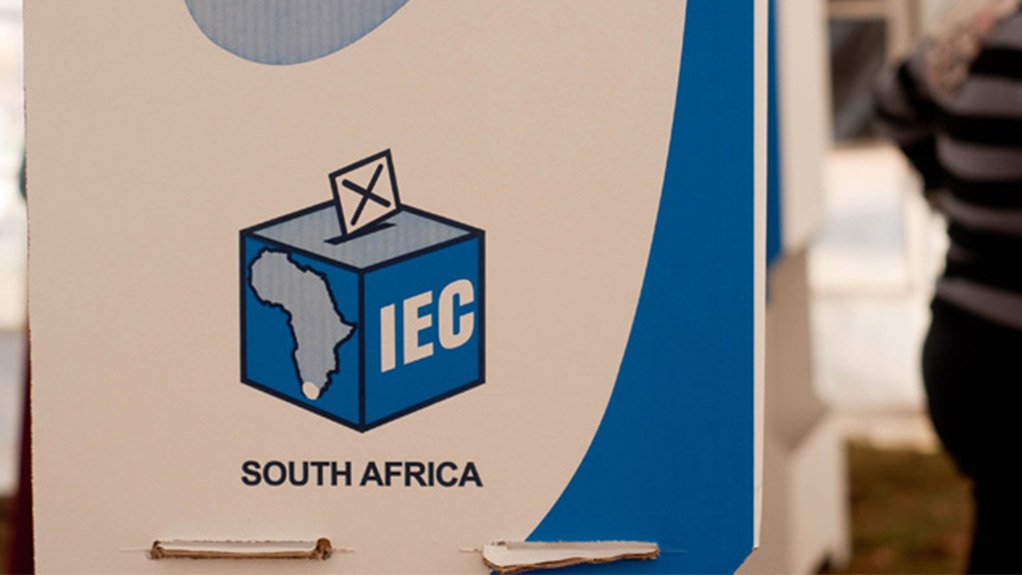The Electoral Commission of South Africa (IEC) on Friday welcomed the April 1 implementation of the Political Party Funding Act, saying this will increase party funding transparency ahead of the local government elections this year.
Last week President Cyril Ramaphosa announced the implementation of the Act to strengthen public confidence in the democratic political process and assert the right to information.
“The Electoral Commission welcomes the date of implementation which coincides with the start of a new financial year within the public sector and for political parties. This means changes required by the Act, including revisions to the Represented Political Party Fund, will be easier to account for. It will also mean an increase in transparency around party funding ahead of the Local Government Elections scheduled to be held between August and November this year,” said the IEC.
The Act requires that all political parties and their corporate donors declare donations, including donations in kind, above the value of R100 000 yearly, to the Electoral Commission every quarter.
The commission said with the local government elections scheduled to take place this year, political parties will be required to disclose all donations received between April and June this year.
The Act prohibits donations to political parties by foreign governments, agencies or persons, and organs of State and State-owned entities. It also set an annual limit of R15-million as the maximum an individual or organisation may donate annually to an individual party.
Transparency and Information
“The regulation of the funding of political parties is a key aspect of all modern multi-party democracies and the imminent implementation of the new Act is one of the most important and far-reaching enhancements to our electoral democracy in 25 years,” said IEC chairperson Glen Mashinini.
He went on to state that transparency and information were foundations for free and fair elections and said the Act would go a long way in providing information to voters, media, civil society and others on how political parties were privately funded.
Mashinini cautioned that the Act was not a cure-all to eradicating corruption associated with party funding.
“The Act is not a panacea to all dangers and risks associated with the funding of political parties, but it is a strong and positive start to address challenges which have emerged in the past 25 years of our democracy,” he stated.
He said the second phase of the implementation of the Act would deal with its enforcement.
“April 2021 will see the first phase of the Political Party Funding Act implementation. Current fiscal constraints mean the IEC is not yet capacitated to undertake the full ambit of responsibilities under the Act. It will take time and resources to build skilled enforcement capacity,” he advised.
IEC CEO Sy Mamabolo added that, while the Act provided for various sanctions and enforcement measures to ensure compliance, the establishment of enforcement capacity would take time.
The IEC has repeatedly stated that its focus during the early years would be on assisting political parties and others to comply.
Mamabolo went on to say the successful implementation of the new party funding disclosure framework would rely heavily on self-regulation and compliance.
EMAIL THIS ARTICLE SAVE THIS ARTICLE ARTICLE ENQUIRY
To subscribe email subscriptions@creamermedia.co.za or click here
To advertise email advertising@creamermedia.co.za or click here











